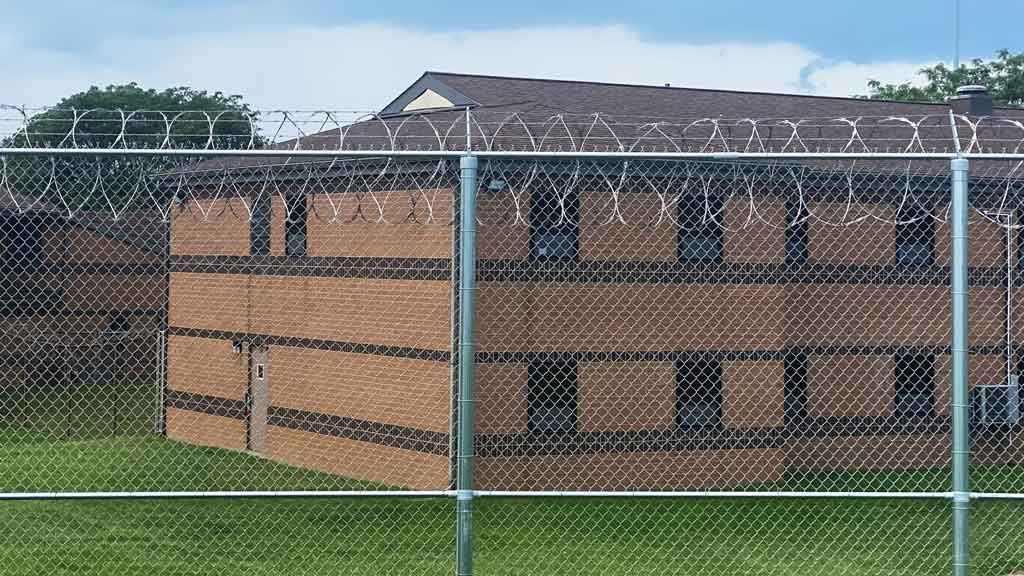Best Anchor Bolts for Concrete Blocks | Reliable & Durable Solutions
Understanding the Best Anchor Bolts for Concrete Block Applications
When it comes to securing structures to concrete block, the choice of anchor bolt is pivotal for ensuring safety, stability, and longevity. Anchor bolts serve as essential hardware in a variety of construction projects, from residential buildings to large commercial structures. Choosing the right type of anchor bolt can significantly impact the performance and durability of your installation. In this article, we will explore the best types of anchor bolts for concrete blocks and considerations when selecting them.
Types of Anchor Bolts
1. Expansion Bolts These are common choices for use in concrete blocks. When installed, an expansion bolt expands within the hole, providing a strong grip. The most prevalent variations are wedge anchors and sleeve anchors. Wedge anchors offer a secure hold in solid concrete, but they may struggle in hollow concrete blocks. Sleeve anchors, on the other hand, are well-suited for hollow blocks due to their design, which allows them to expand against the sides of the hole without compromising strength.
2. Single-Expansion and Double-Expansion Anchors These anchors are particularly beneficial for lightweight applications. Single-expansion anchors can be used for materials like drywall or paneling affixed to concrete walls. Double-expansion anchors offer a more robust solution, effectively distributing load across a wider area, making them ideal for heavier applications.
3. Chemical Anchors Also known as adhesive anchors, these serve as a fantastic solution for high-load applications. They involve a resin that hardens around the bolt, creating a bond that can withstand significant tension and shear. Chemical anchors are exceptionally useful in instances where environmental conditions, such as moisture, could compromise other anchoring methods.
4. Threaded Rods with Epoxy For maximum load-bearing capacity, threaded rods installed with epoxy can be a game changer. This method provides a high-strength attachment for structural elements. However, it requires a more extensive installation process and is best for expert professionals due to the need for precision and careful mixing of the epoxy.
best anchor bolts concrete block

Factors to Consider
When selecting anchor bolts for concrete blocks, several critical factors should be considered
- Load Requirements Assess the load that the anchor bolt will bear, including both static and dynamic forces. This consideration will dictate the size and type of anchor you need.
- Environmental Conditions The surrounding environment affects the choice of materials. In corrosive environments, stainless steel or galvanized anchors may be more suitable to resist rust and degradation.
- Concrete Block Type Understand whether you are working with solid, hollow, or reinforced concrete blocks. Different types of blocks will respond differently to various anchor bolts.
- Installation Method Consider the complexity of the installation process. Some bolts require drilling and precise measurements, while others may be easier to install but might not have as high a load capacity.
In conclusion, selecting the best anchor bolts for concrete blocks is essential for ensuring safety and stability in any construction project. By understanding the different types of anchor bolts available and considering factors such as load requirements and environmental conditions, builders can make informed decisions that enhance the structural integrity of their projects. Always consult with professionals and adhere to local building codes to ensure the proper selection and installation of anchor bolts.
-
Types and Uses of Common Nails in Construction
NewsJul.31,2025
-
The Transformative Role of Square Wire Mesh in Contemporary Architecture
NewsJul.31,2025
-
The Essential Role of Razor Wire in Modern Perimeter Security
NewsJul.31,2025
-
Installation Guide for Hexagonal Wire Netting Fencing
NewsJul.31,2025
-
How to Properly Use Rebar Wire Ties for Stronger Concrete Structures
NewsJul.31,2025
-
Creative and Decorative Uses of Barbed Wire in Design
NewsJul.31,2025














